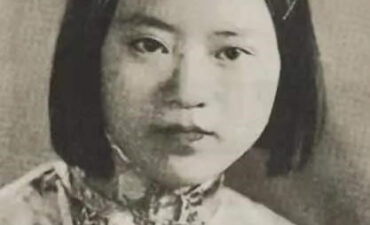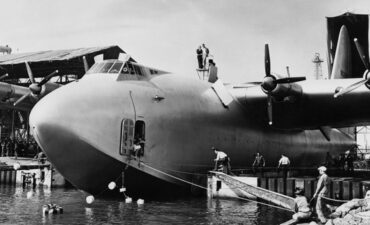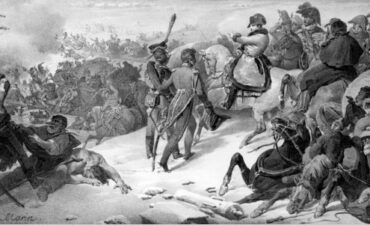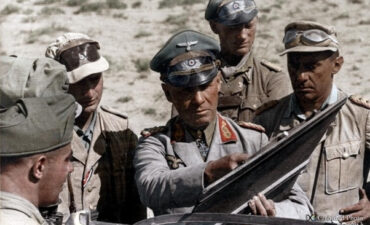Why was Kaliningrad not named after the fall of the Soviet Union like other similar places? Kaliningrad, a Russian exclave situated between Poland and Lithuania along the Baltic Sea, retained its Soviet-era name even after the dissolution of the Soviet Union, unlike many other places that were renamed to shed Soviet associations. The decision not to rename Kaliningrad can be attributed to several factors:
Historical Significance and Continuity:
Kaliningrad was named after Mikhail Kalinin, a Soviet leader, in 1946 following World War II. Before that, the city was known as Königsberg, a historic city in East Prussia with a significant German cultural heritage. After the war, the city’s German population was expelled, and it was repopulated with Russians. Renaming the city to something more Russian-sounding or reverting to its pre-Soviet name would not resonate with the local population, which has no direct connection to its German past.
Political and Cultural Considerations:
During the 1990s, Russia underwent significant political and economic upheaval, and there was a mix of nostalgia for the Soviet era and efforts to assert a new national identity. While some places chose to revert to historical names or adopt new ones, there wasn’t a strong enough cultural or political push to change Kaliningrad’s name, particularly since the region had been heavily Russified and had lost its German population.
Geopolitical Sensitivity:
Kaliningrad’s location and strategic importance, as well as its unique status as an exclave, have made it a sensitive geopolitical issue. Renaming it could have been seen as an attempt to rewrite history or undermine the post-war settlements that led to its current status. The Russian government may have preferred to maintain continuity and avoid stirring up potentially contentious issues related to its history and status.
Lack of a Strong Movement for Change:
Unlike other places where there were strong local or national movements advocating for name changes, Kaliningrad did not have a significant push from the local population or Russian society to change its name. The local identity had been shaped by post-war Soviet policies, and there was no strong desire to reclaim the region’s pre-Soviet German heritage.
Overall, Kaliningrad’s retention of its name reflects a combination of historical, cultural, political, and geopolitical factors that made a name change less appealing or necessary compared to other places that chose to distance themselves from their Soviet past.











